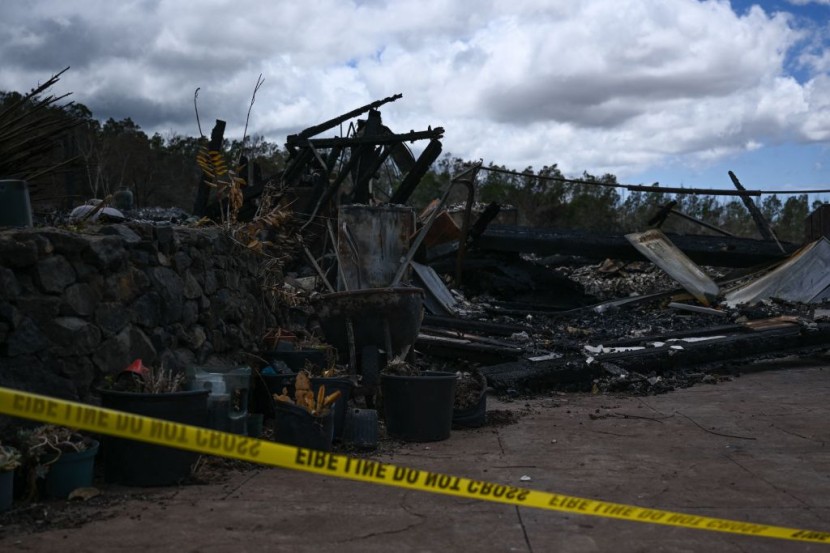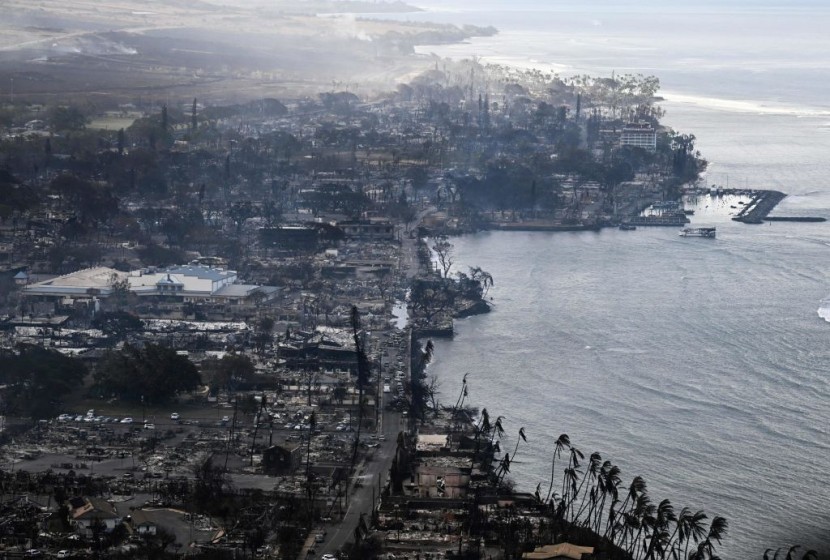Maui wildfires might have worsened due to delayed water, as claimed by a Hawaiian company.
It said that a government agency initially denied their request, preventing responders from getting the water they need to put out the fire.
Delayed Water in Maui Contributes to Wildfire's Severity

According to Fox News' latest report, the water needed to put out the devastating wildfires in Maui was delayed for hours.
The West Maui Land Company said that it requested water during the wildfire. The firm did this since it manages some residential and agricultural subdivisions, as well as water jurisdictions.
When the company contacted the Commission On Water Resource Management, their request was initially declined for several hours.
The Maui-based company said alleges the government agency of denying the request because it had to clear the move with the local farmers.
After hours of delay, the commission finally approved the requested water. However, the company said that it was already too late.
"We followed the process. The process failed us," said West Maui Land Co.'s Executive Glenn Tremble.
He shared how his colleagues watched the wildfire spread without the water they need. Because of this, all they can do is look.
"We anxiously awaited the morning knowing that we could have made more water available to the fire department if our request had been immediately approved," added Tremble via CNN.
Other Issues During Maui's Wildfires

Aside from the delayed water, another problem that contributed to the wildfires' severity was the lack of sirens.
The former Maui Emergency Management Chief Herman Andaya was criticized after they didn't activate the alarm system.
Andaya explained that the reason why they didn't sound the alarm was because they fear that the sirens would cause panic and lead people to a more dangerous path.
However, residents said that it would have been better if they heard the alarms since they will be notified about the spread of wildfires.
Instead, Adam Weintraub, a Hawaii Emergency Management spokesman, said that they sent alerts via televisions, radio stations, and cellphones.
However, since these electronics aren't reliable during wildfires, many people weren't able to receive the warnings.








